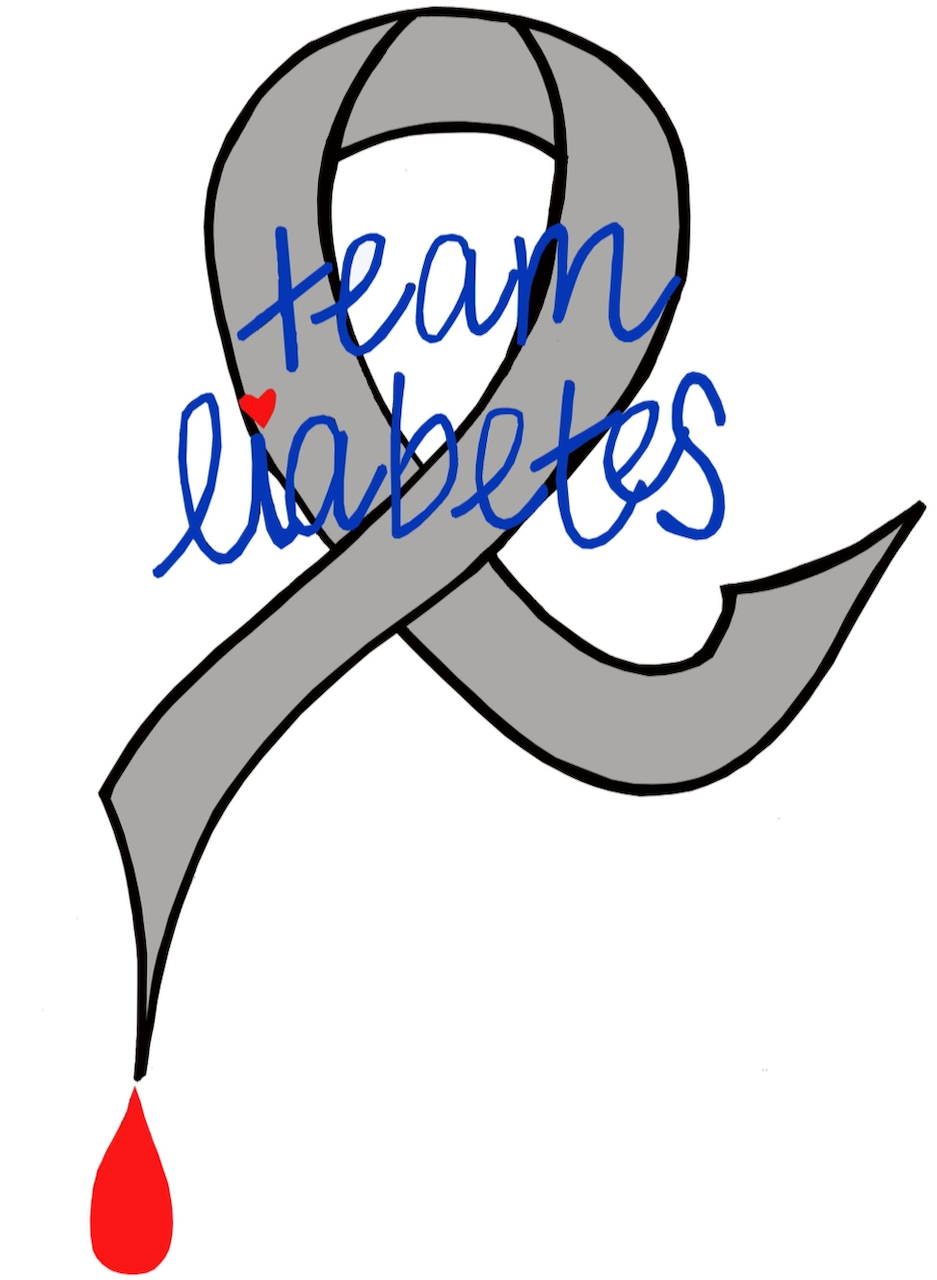Revelation
From the day I had launched Without Envy I had read and written enough of my own to find appealing the degree of anonymity other authors had chosen to pursue in terms of their privacy. They were writers of great masterpieces — To Kill a Mockingbird, The Catcher in the Rye, The Road — and as such, unlike me, prone to unwanted incursions into their personal lives. But it was not their work or success that inspired me. It was their belief that their writing could speak for itself.
Then Lia — I have struggled for months how to say this in active voice: had she contracted, developed, or simply come down with diabetes? — was nonetheless diagnosed with Type 1 and I created this web log as a place to write about our experience. Why I chose the internet and not a private, paper cardboard notebook to do this, I don’t really know. It wasn’t to share with an audience. Though the support and acknowledgement is irreplaceable, having it read is not really that important to me. Perhaps it would be were what I wrote for Without Envy fiction, but when you are writing about real life you have in your mind this true perfect image of what should be said and you can never quite achieve it. Words like sadness, joy and frustration fall short, so the feeling just goes nameless, truly understood only by others who share in the circumstances. In matters so close to the heart any degree of obscurity is a difficult thing to accept. Maybe it is that way with fiction too. But with fiction, liberties from the truth are to be expected, it’s permissible to look the other way.
What is important, of course, if for no other reason than to make peace within myself, is to write about this experience in detail and how I feel about it. The worry then and the namelessness of my worry might evolve into something else less ethereal, less tiresome. Eventually, it might turn into practice and as such become just one more detail in the story of our lives, so that the emotion will lose some of its power to arouse fear and cause paralysis. Or as Shakespeare so beautifully put it: Give Sorrow Words. The grief that does not speak/ Whispers the o’er-fraught heart, and bids it break.
To this end, I have lately been thumbing through a book by Louise DeSalvo, Writing as a Way of Healing: How Telling Our Stories Transforms Our Lives. In it she mentions a zen proverb that I found especially inspiring. It goes: how you do anything is how you do everything. That got me thinking about the restrictions I had imposed on this public journal in regards to our anonymity. From the outset I had been careful to not use last names or the names of places or anything else that might needlessly give away more about ourselves than I wanted revealed. I knew how unkind the world could be and preserving some level of privacy was important to me, and to us as a family. It still is, but the direction behind it has changed.
It used to be I thought paradise was forty acres of wooded land in the middle of nowhere. No neighbors. No passing cars. No unwanted external intrusions. All the garden and wild meat we could eat. It isn’t any more, though there are days I still long for that. But Lia’s diabetes, among other things (peak oil, climate change, a growth-oriented economy), has triggered in me a practical awareness of our undeniably inescapable vulnerability. It (they) requires a shift in perspective, a rejiggering of priorities, and perhaps a bit more willingness for more community not less; more trust, more sharing, more appreciation and reliance for the companionship found in our fellow humankind.
Trust though is a difficult thing to surrender and there will always be the need for mindfulness and discretion. But the threats we face are not nameless, and nor should our selves be to one another. Isolation can only serve you so much, because how you do anything is how you do everything, whether you are sharing some small piece of yourself with a stranger or opening the door wide to let enter a friendly new neighbor.
Maybe that is why a little bound notebook wouldn’t do.

